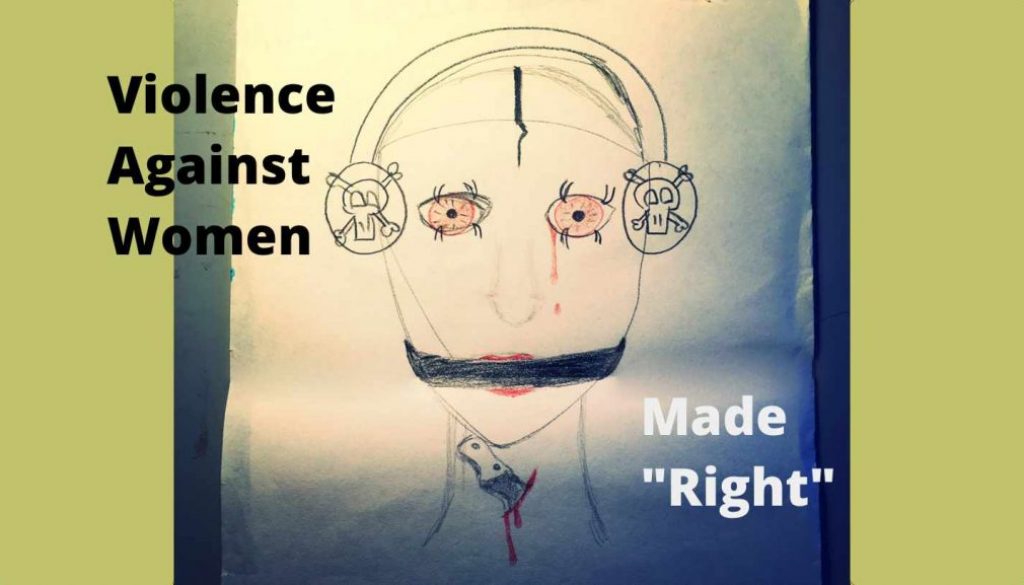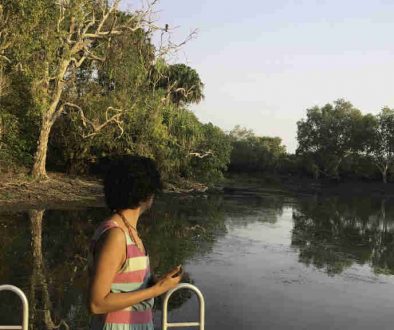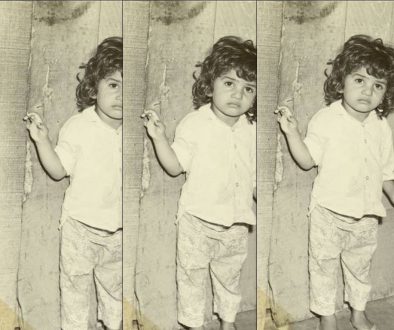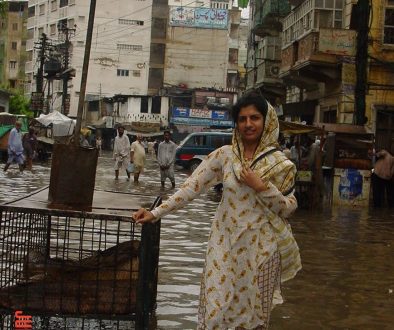Violence against Women made “Right” – Is it Islam, Culture or Individuals?
I grew up in an environment where violence against women was considered “normal” and “accepted”. My maternal grandfather used to beat my grandmother regularly and fiercely; he even tried to break her leg by snapping it at the knee joint.
My uncle used to beat my auntie – his wife – with belts. In her world, it was somehow okay because it was much more shameful to be divorced. There was more honour in being a woman owned by a man – even one who subjugated and violated her – than to sit at home with her parents and be the subject of humiliation in the community.
My father tried to do the same with my mother. The only difference was that she was a strong woman and was able to protect herself so this didn’t become a norm for my mother.
In my blog “2nd God of Islam“, I share how women perpetuate this cycle of violence against them by “training” their daughters to accept the beatings. My aunty used to say that “it’s a man’s right to beat his wife”. In my neighbourhood, when girls were wed, their mothers instructed them to “accept all that comes their way in their married life and never think of their own state”.
I didn’t even flinch at any of these incidents. As far as I was concerned, this was how a woman’s life is meant to be. I was taught by the Pakistani society that by sacrificing my own needs and desires, I become honourable in the eyes of Allah because I am fulfilling my purpose. To speak against it is to speak against Islam and that’s blasphemous.
So, I accepted my fate. Even though I went to the university, got educated and got myself a job, I was still inferior – a lesser being, a woman – with no rights. My job was still to serve my husband and his family.
Is it Islam or Culture or individuals?
I want to believe that it’s individuals and if it is then I must be able to find the Culture and Islamic law prohibiting such actions and promoting and supporting women’s equality.
Sadly, I cannot.
Let’s start with some of the Quranic verses that are “used” to justify violence against women.
Verses from the Quran about Women’s inequality
Quran 2:282: When you contract a debt for a specified term, write it down… And bring to witness two witnesses from among your men. And if there are not two men [available], then a man and two women from those whom you accept as witnesses – so that if one of the women errs, then the other can remind her.
Quran 4:34: Men are in charge of women, because Allah hath made the one of them to excel the other, and because they spend of their property (for the support of women). So good women are the obedient, guarding in secret that which Allah hath guarded.
In both of these verses, it is very clear that a woman is given a “lesser” status than a man.
Why would this be the case? To understand this, we need to go back in time to when Islam was just emerging…
The Context of Women’s Inequality…
While there are many contradictory accounts, it is generally believed that before Islam, there was a period of ignorance called “Jahaliya”. Women had no rights; no voice and no presence. Infants were buried alive if their parents were poor or if the newborn were girls (if parents couldn’t afford to pay the dowry to their daughters’ potential husbands).
Islam revolutionised their world by giving women “some” rights. Prophet Muhammad asked women to be treated with respect and kindness and he demonstrated that by treating his wives with the same.
If a woman’s testimony is that of “half a man”, it was revolutionary at the time because it was not the norm.
What happens in Pakistan today?
Sadly, all the context has been forgotten in Pakistan so, in many instances, women’s testimony is still considered to be “less” than that of a man.
In many Orthodox Muslim communities such as Bohra Muslims, girls are genitally mutilated in the name of Islam.
According to Human Rights Watch, it is estimated that there are about 1000 “honour killings” each year.
And you all probably have heard of Mukhtar Mai. Women are still gang-raped in order to “punish” and “dishonour” their family.
Here is an article To be a Woman in Pakistan, where a Pakistani woman shares her experiences of inequality of women.
Who do we blame for the Violence against Women in Pakistan?
The fact is that what happened to me happens to most women in Pakistan (in a much more violent way). It happens in the name of culture; it happens in the name of Islam.
The so-called moulvis (Muslim doctors of the law) ensure that the interpretations of the Quran and Islam that they spread are based on a fundamentalist version of Islam. Sadly, they also recruit women in spreading their unjust “patriarchy”.
Imagine slaves fighting for slavery, not against it. Doesn’t it sound irrational? But that’s what women are doing every day in Pakistan by following the same traditions… all because it is the “right” thing to do and no one will protect them if they go against the norm.
Will Islam be blamed for it? Of course, because it happens in the name of Islam.
While individuals have the responsibility to engage in self-discovery and go on their own quest to learn what is right and what is wrong, the fact is that the Pakistani society doesn’t promote it. There are no cultural guidelines that teach women to be independent; that teach men to respect women and treat them equally and it is all made “right” by doing it in the name of religion.
I say that unless we question these unjust practices; unless we stand up against the “version” of Islamic Culture that exists in Pakstan today; unless we are united in our efforts to bring equality to women in Pakistan, nothing will change.
** This blog has created much-needed debate on LinkedIn – Click here to read the comments on LinkedIn**
My last week’s blog Was I Raped? created havoc in the world of social media. I received many messages of support and understanding from my friends and people who I don’t know personally. But some of my extended family members (most of them females) lashed out with anger and personal attacks on me.
It saddens me greatly that women are supporting violence against their own gender. I wish we could all start to focus on the bigger picture. Religion should be able to stand the scrutiny and questioning of people. After all, unless we question, we won’t learn and we won’t know.
You can read more about the Facebook post here…
** Image courtesy – Jannat (this is her creation)



